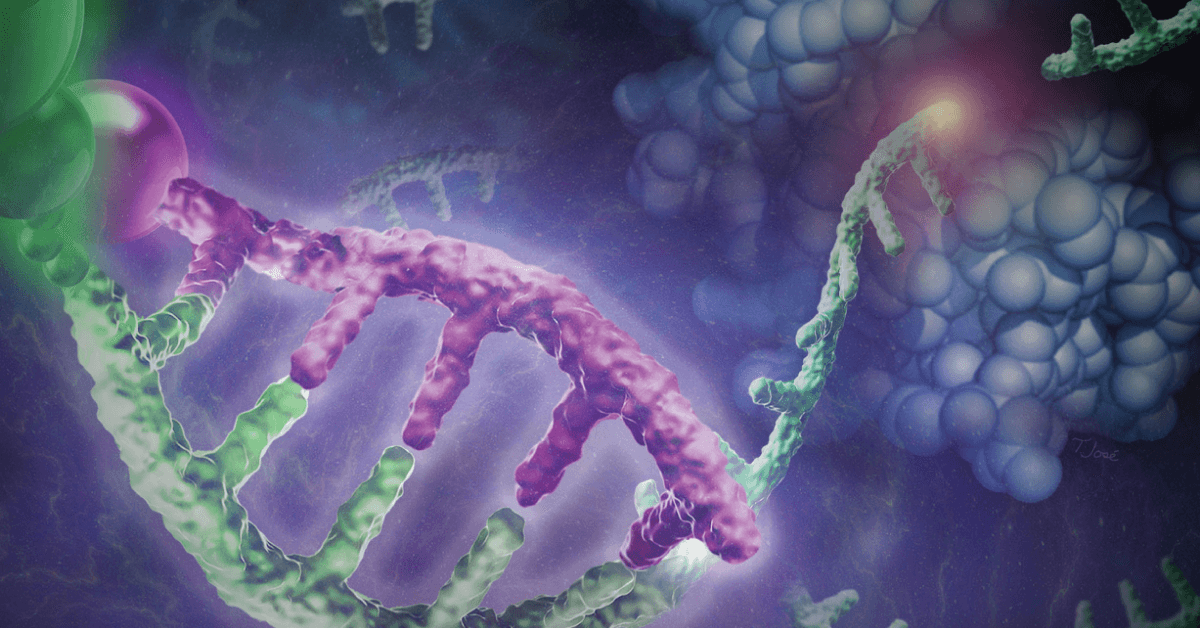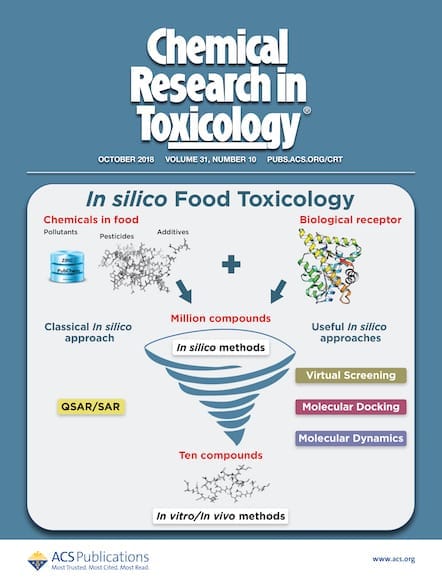This Special Issue aims to advance our understanding of nucleic acid modifications, their biological implications, and their therapeutic exploitation, particularly within the context of chemical toxicology. Submit your manuscript by March 6, 2026.

The landscape of genetic information has expanded beyond the canonical DNA and RNA sequences to include a dynamic and reversible layer of chemical modifications. To date, over 50 kinds of endogenous DNA base modifications, a variety of DNA lesions derived from environmental chemicals, and over 170 different RNA modifications have been documented. These modifications, known as the epitranscriptome when referring to RNA, play critical roles in regulating gene expression, influencing cellular function, and contributing to the etiology and progression of various human diseases, including cancer and neurodegeneration. The groundbreaking discoveries concerning nucleobase modifications that enabled effective mRNA vaccines, recognized by the 2023 Nobel Prize in Physiology or Medicine, underscore the immense translational potential of this field.
This Special Issue in Chemical Research in Toxicology aims to bring together cutting-edge research and comprehensive reviews/perspectives that advance our understanding of nucleic acid modifications, their biological implications, and their therapeutic exploitation, particularly within the context of chemical toxicology. We invite submissions that explore the multifaceted aspects of this dynamic field.
Topics include, but are not limited to:
- Identification of Novel Nucleic Acid Modifications
- Development of New Technologies for Quantitation and Mapping Nucleic Acid Modifications
- Integrating Multi-Omics Data
- Investigating Nucleic Acid Modifications Using Computational and Artificial Intelligence-Based Approaches
- Regulation and Biological Functions/Consequences of Nucleic Acid Modifications
- Therapeutic Applications of Nucleic Acid Modifications
- Investigating the Effects of Environmental Exposure on Nucleic Acid Modifications
Read more about these topics in the editorial announcing the Special Issue.
Organizing Editors
Prof. Yinsheng Wang, Associate Editor, Chemical Research in Toxicology
University of California Riverside, United States
Prof. Linlin Zhao, Guest Editor
University of California Riverside, United States
Prof. Bi-Feng Yuan, Guest Editor
Wuhan University, China
Submission Information
We welcome submissions for this Special Issue through March 6, 2026. Authors are encouraged to consult the journal's author guidelines for manuscript preparation.
We invite Articles, Reviews, Communications, and Perspectives. All submissions will undergo rigorous peer review. Papers accepted for publication for this Special Issue will be available ASAP (as soon as publishable) online. After all submissions have been published, they will then be compiled online on a dedicated landing page to form the Special Issue. Manuscripts submitted for consideration will undergo the full rigorous peer review process expected from ACS journals.
Open Access: There are diverse open access options for publications in American Chemical Society journals. Please visit our Open Science Resource Center for more information.
How to Submit
- Log in to the ACS Publishing Center.
- Select the "Journals" tab.
- Choose Chemical Research in Toxicology.
- Click "Submit."
- Select your manuscript type, and, under "Special Issue Selection," choose "Nucleic Acid Modifications."
If you have any general questions regarding submission to this Special Issue, please contact the journal's Managing Editor at managing.editor@crt.acs.org.

